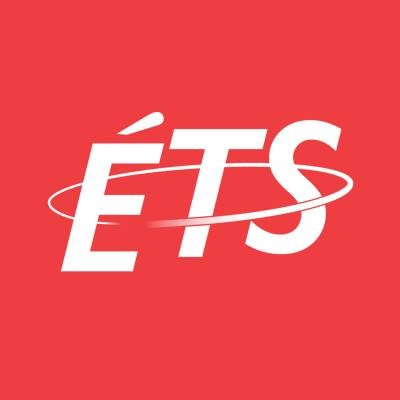Description
École de technologie supérieure (ÉTS) is a fast-growing engineering and technology university located in downtown Montreal. ÉTS offers bachelor's, master's, and doctoral programs focused on applied engineering, supported by cutting-edge research infrastructure and a collaborative, inclusive research environment.
ÉTS is home to LASSENA , a world-renowned laboratory in GNSS, avionics, and navigation cybersecurity. As part of the GSDM Industrial Research Chair (GNSS Spoofing Detection and Mitigation) led by Prof. René Jr. Landry, we are seeking a postdoctoral fellow to help design resilient and secure navigation technologies for the next generation of aircraft, in collaboration with CMC Electronics, Safran Trusted 4D and Jaunt Air Mobility.
You will conduct advanced research in real-time GNSS spoofing detection and the development of robust navigation systems based on GNSS/IMU fusion, machine learning methods, signal integrity models, and advanced signal processing techniques. You will join a multidisciplinary team of researchers, engineers, and industrial partners developing future avionics technologies, including for eVTOL platforms.
Ph.D. (within the last 5 years) in electrical engineering, telecommunications, avionics, or a related GNSS field.
Strong background in at least one of the following: GNSS signal processing, inertial navigation, sensor fusion, anomaly detection.
Proven research experience (lab work or system simulation).
Demonstrated scientific collaboration (publications, conferences, industrial consortia).
Fluent in French (intermediate or advanced); English proficiency is an asset.
Strong analytical, communication, and scientific writing skills; collaborative mindset.
Proficiency in programming (Python, MATLAB, C/C++) and experience with embedded systems.
Familiarity with GNSS Minimum Operational Performance Standards (e.g., DO-229, DO-253, DO-401, ED-259) - strong asset.
Familiarity with avionics certification standards (e.g., DO-178C, DO-254, DO-160G, DO-326A) - strong asset.
*
GNSS signal processing (real-time, multi-frequency, multi-constellation)
GNSS/IMU fusion and inertial navigation with integrity (RAIM, ARAIM)
Spoofing modeling, detection, mitigation, and resilience grading
Pattern recognition and embedded machine learning
Embedded algorithms for avionics (UAV, eVTOL, civil aircraft)
Simulation under degraded or contested GNSS conditions
One-year contract starting as soon as possible, renewable yearly depending on performance and available funding.
Sending your applicationSubmit:
A cover letter
A detailed CV
Recent scientific publications (GNSS, navigation, signal processing, AI)
.
In compliance with the immigration requirements in effect in Canada, ÉTS invites all qualified individuals to apply. However, priority will be given to Canadian citizens and permanent residents. When submitting an application, it is important to indicate whether you are able to work in Canada, so that the applicable immigration procedures can be planned accordingly.
Depending on your authorization to work in Canada, the date of your postdoctoral fellowship could be subject to change. To accommodate administrative delay, the starting date can be automatically postponed without affecting the 1 year's duration. Any additional change would be subject to the professor's approval.








